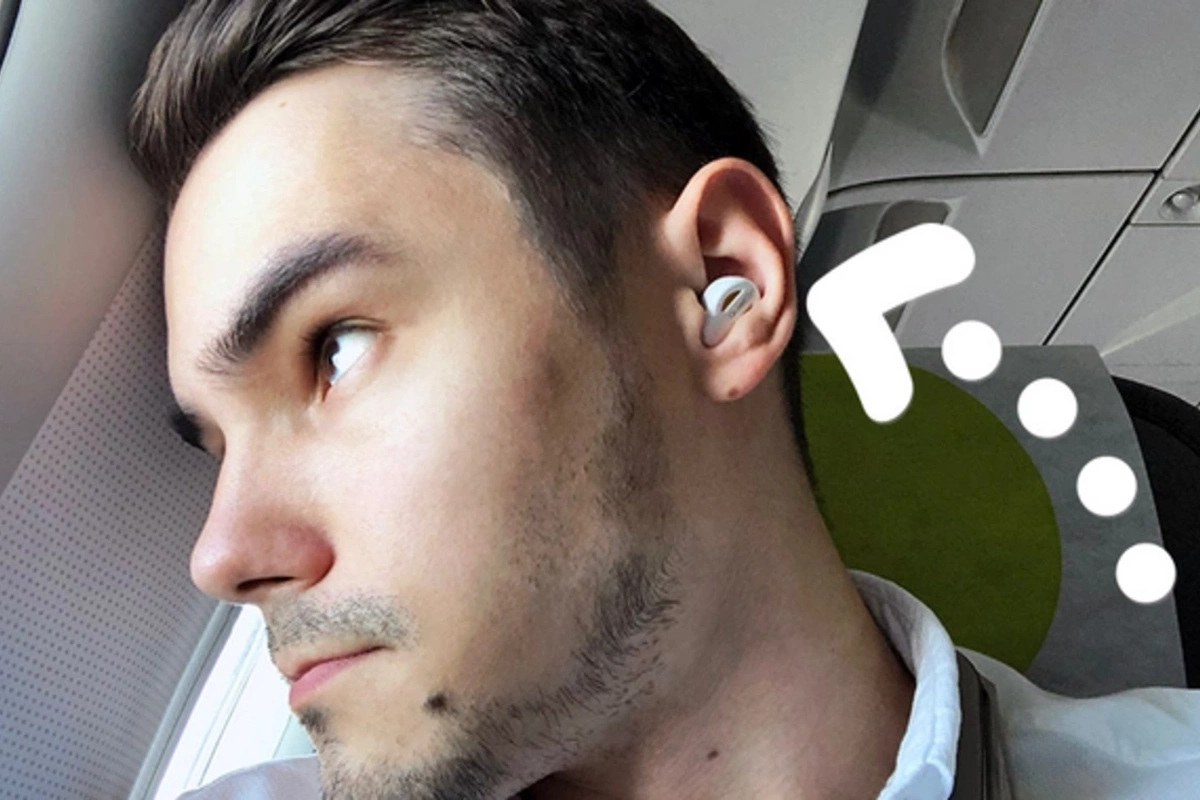16 Jun , 15:30
2

Headphones have long become an integral part of everyday life. We use them to listen to music, watch movies, talk on the phone, and even fall asleep to meditation sounds. But behind the convenience and comfort lie risks that not everyone knows about.
Headphones can cause serious harm to health - and not just to hearing.
They slowly destroy hearing
At first glance, it seems that quiet music in headphones is safe. However, even at medium volume levels, constant strain on the ears leads to irreversible damage to auditory receptors. In-ear headphones pose a particular danger as they direct sound waves straight into the ear canal. The longer and more regularly they are used, the higher the probability of serious hearing loss in the future.
The hidden threat of volume
Many users don't notice how their usual volume level gradually increases. This is an insidious habituation effect - the brain adapts to the current sound level, forcing a person to increase the volume. This tendency inevitably leads to the development of tinnitus - an agonizing constant ringing in the ears, which modern medicine cannot yet completely eliminate.
Sources of microbes right in the ears
Headphones turn into a real breeding ground for bacteria, especially when used in hot weather or during physical activity. The combination of moisture, sweat, dust, and skin oil creates an ideal environment for microorganisms to multiply. Sharing headphones with other people significantly increases the risk of infections. Inflammation and irritation of the ear canal become frequent companions of "musical solitude" lovers.
Impact on brain and psyche
Continuous sound background deprives the brain of necessary rest. The habit of falling asleep with headphones is especially destructive: the brain continues to process audio signals even during sleep, which significantly reduces the quality of rest. Additionally, excessive use of headphones contributes to increased anxiety levels, makes concentration difficult, and provokes regular headaches.
They cut you off from the world
Headphones create a deceptive sense of solitude while simultaneously breaking a person's connection with the surrounding environment. Because of them, you might miss critically important sound signals - a warning car horn, a cry for help, or a danger alert. Statistics record cases where pedestrians wearing headphones became victims of traffic accidents, not hearing approaching vehicles.
Conclusion
Headphones are a convenient tool, but only if used wisely. Limit listening time, choose headphones with noise cancellation so you don't have to turn the volume up to maximum, and don't forget to clean them regularly.
Sometimes silence is the best sound for your health.